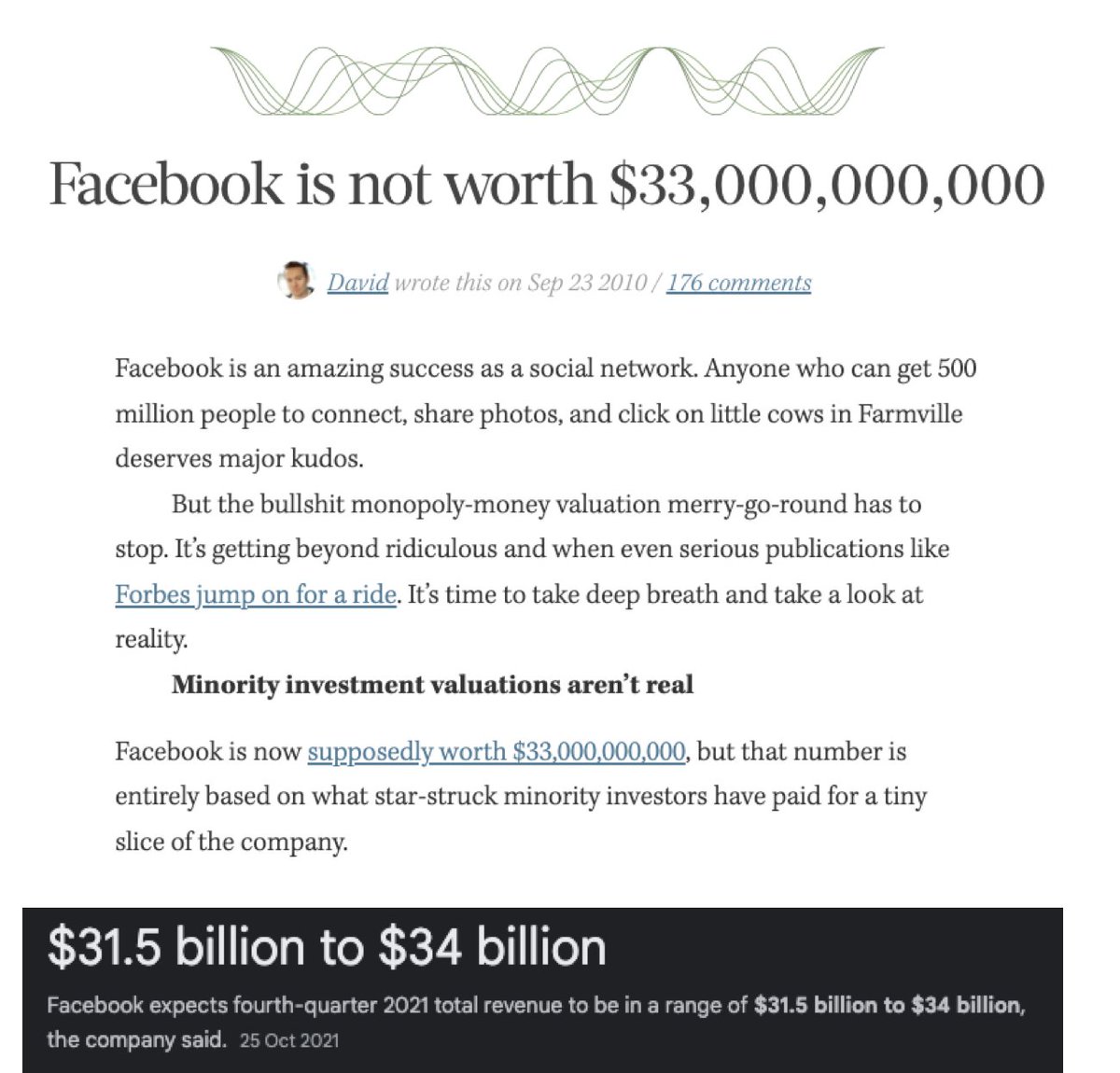
Before/after health is to transhumanism what before/after wealth is to cryptocurrency.
https://twitter.com/balajis/status/1359278839059238913
In both cases, the visceral and visible improvements are the direct consequence of powerful new ideas.
The philosophy around digital cash predated the gains by decades. As does that of transhumanism. They came together in the person of Hal Finney, who was an extropian.
The philosophy around digital cash predated the gains by decades. As does that of transhumanism. They came together in the person of Hal Finney, who was an extropian.

"He’s always been optimistic about the future," says Hal Finney's wife, Fran. "Every new advance, he embraced it, every new technology. Hal relished life, and he made the most of everything."
archive.is/gNLv5
archive.is/gNLv5

Advanced biomedicine didn't get here in time for Hal.
But what he did with Bitcoin may yet unlock the way forward, by breaking the power of the regulatory state, ending global harmonization, and enabling decentralized funding of science outside academia.
But what he did with Bitcoin may yet unlock the way forward, by breaking the power of the regulatory state, ending global harmonization, and enabling decentralized funding of science outside academia.
https://twitter.com/balajis/status/1310260599088062464
Btw, I'm not sure if cryonics will work, but genomic reincarnation may become feasible if eukaryotic chromosome engineering radically improves.
https://twitter.com/balajis/status/1274068770131021825
• • •
Missing some Tweet in this thread? You can try to
force a refresh














